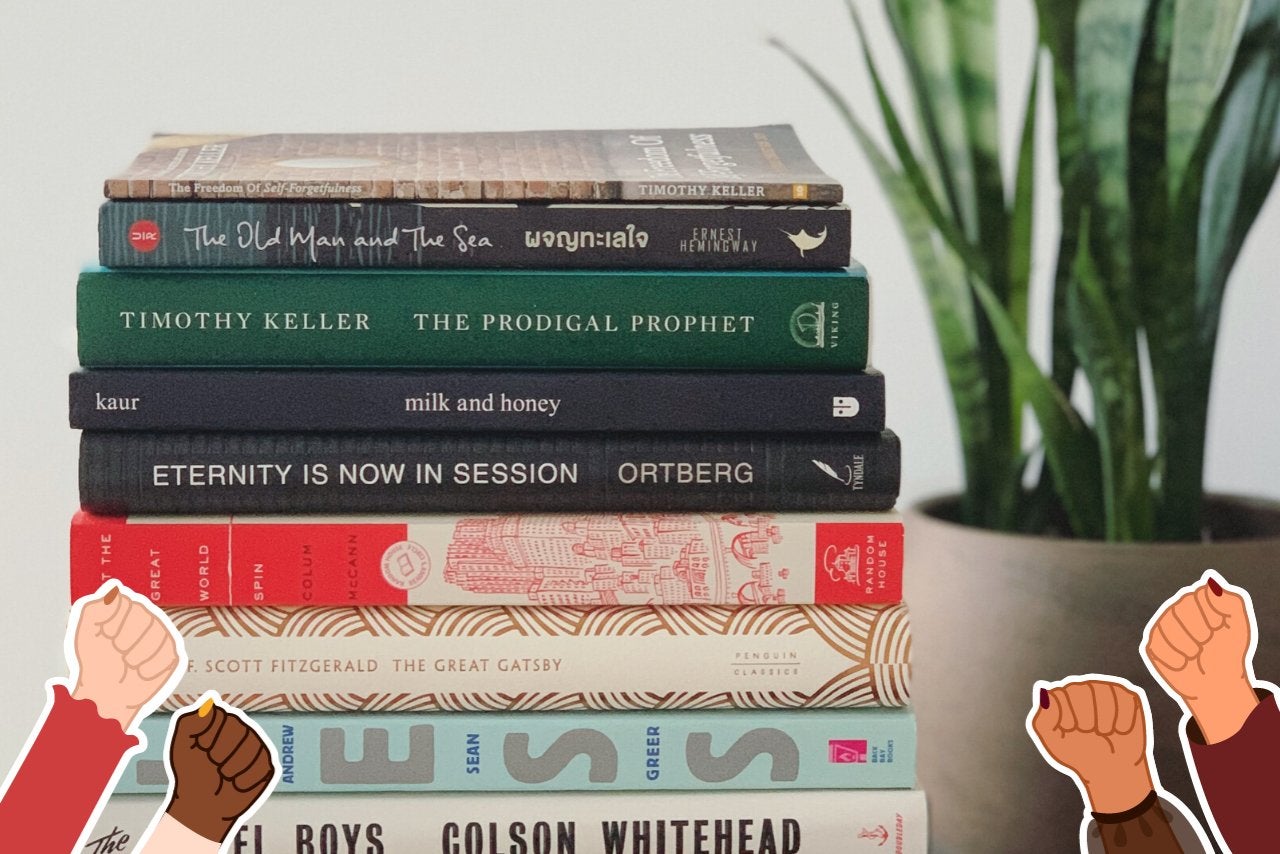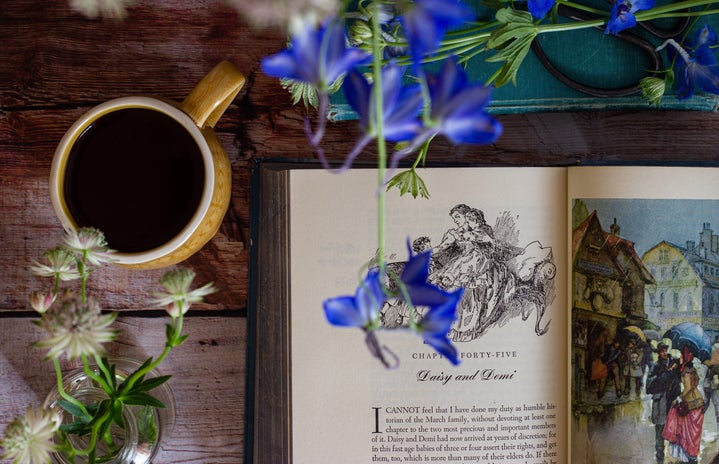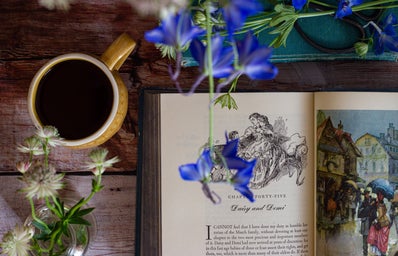We all enjoy reading about strong female characters, but what about the morally grey ones? Women who aren’t exactly villains but still make some questionable decisions through the course of their stories. The other night, my roommate and I were rewatching The Great Gatsby (2013)–because who doesn’t enjoy swooning over Leonardo DiCaprio–when a thought struck me. I was complaining about Daisy Buchanan for the millionth time (she didn’t deserve Gatsby!) when I realized that most of my complaints were unjustified. Granted, she does murder someone and never takes the fall for the crime. However, besides that, Daisy’s life is awfully unfair. She’s a woman living during an oppressive time and she had limited options.

Before I continue, I’ll be the first to admit that Daisy has a lot of privileges. She’s rich, white, and has a lot of free time to basically do whatever she wants. However, her life isn’t happy. Her husband, Tom, openly has an affair, and when Daisy tries to discreetly do the same, Tom turns on her. Plus, there’s evidence to suggest that Tom has emotionally abused Daisy for years. As to the question, why didn’t Daisy just marry someone else or not marry at all? F. Scott Fitzgerald and the 2013 film adaptation do a fairly decent job explaining how trapped Daisy is. In the 1920s, women like Daisy weren’t able to earn a living wage and instead, had to rely on their husbands. Daisy’s parents didn’t approve of her relationship with the penniless Gatsby and pressured her to accept Tom’s proposal. So Daisy is essentially out of options if she wants to make her parents happy. Plus, Gatsby had gone off to fight in the war and couldn’t propose to Daisy at that time anyway.
As to Daisy divorcing Tom once she was reunited with Gatsby, we have to look at the historical context once again. It wasn’t until recently that a woman could divorce her husband and still retain custody over her children. Also, usually, the wealthier and more influential the husband was, the less of a chance the wife had of gaining custody over her children in the event of a divorce. Tom Buchanan is one of the richest men in America. Gatsby, rather tone-deafly, encourages Daisy to leave “everything” behind–and that includes her daughter. Gatsby only sees Daisy’s daughter as another roadblock to him having Daisy all to himself, and this is a problematic aspect of his character. This is much of the same problem that the female protagonist, Anna, faces in the novel Anna Karenina. Anna is already married and has a child with a husband she doesn’t love. Similar to Daisy’s situation, Anna lives during a time period where she has to get married. Anna only feels the need to divorce her husband when she meets Count Vronsky, and the pair quickly falls in love.
Another similarity that Daisy and Anna share is that both their lovers try to persuade them to give up their old lives in favor of love. However, for Daisy and Anna, that would mean abandoning their children with the possibility of never seeing them again. Daisy and Anna are traditionally regarded in classic literature as being selfish, hysterical, and foolish women. Yet I argue that regarding them in such narrow terms is sexist and dismissive. If you’re going to disparage these characters, at least do so in a way that takes into account their limited options in life. For example, I think it’s fair to say that Daisy should’ve stood up to Gatsby or enlisted her cousin Nick’s help in exposing Tom’s affair. In Anna’s case, she could’ve told Vronsky that leaving her child wasn’t an option and if he didn’t respect that, then did he really love Anna in the first place? Maybe it’s time we critique Gatsby and Vronsky and take some of the heat off of Daisy and Anna.




